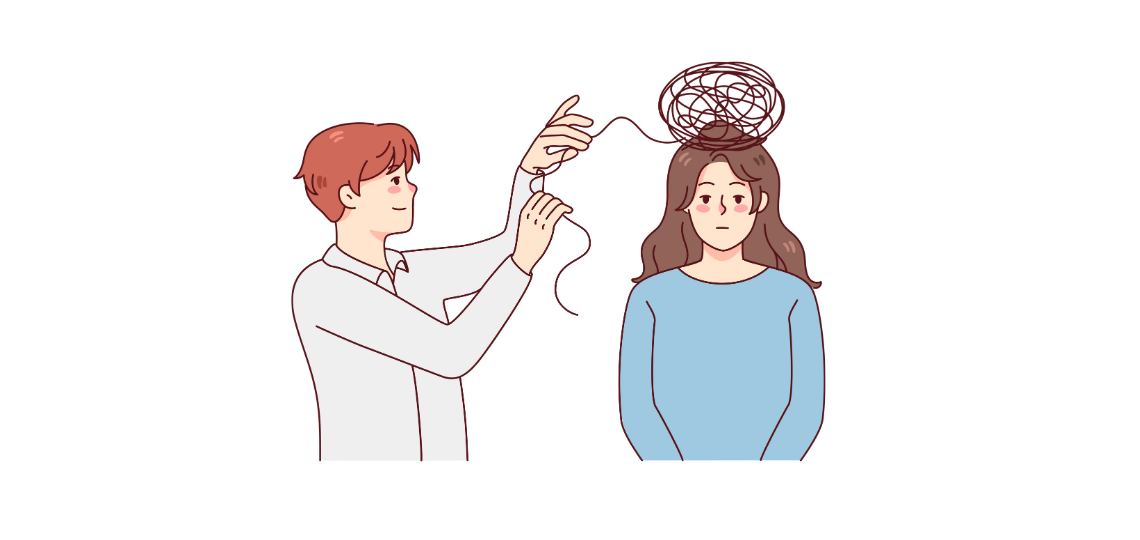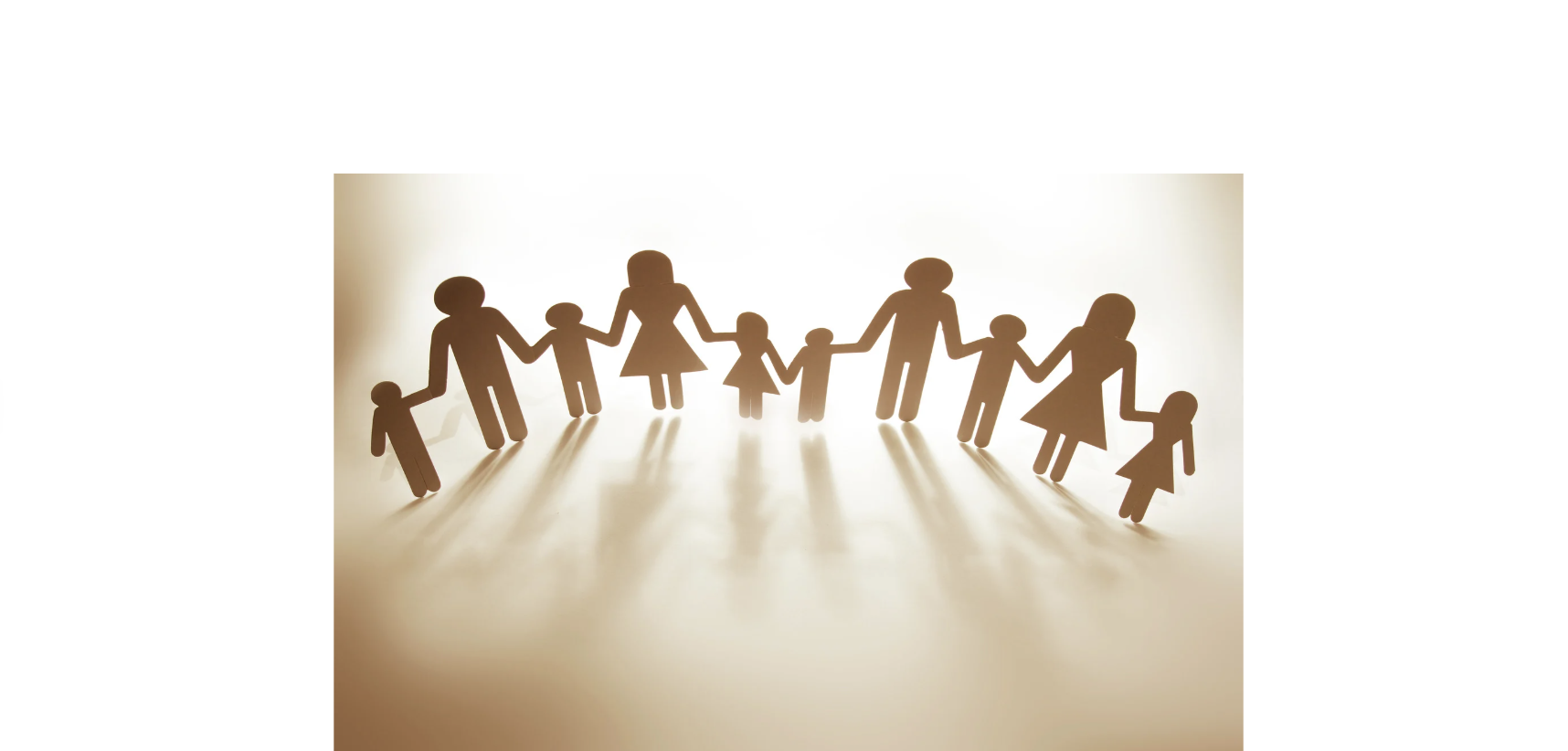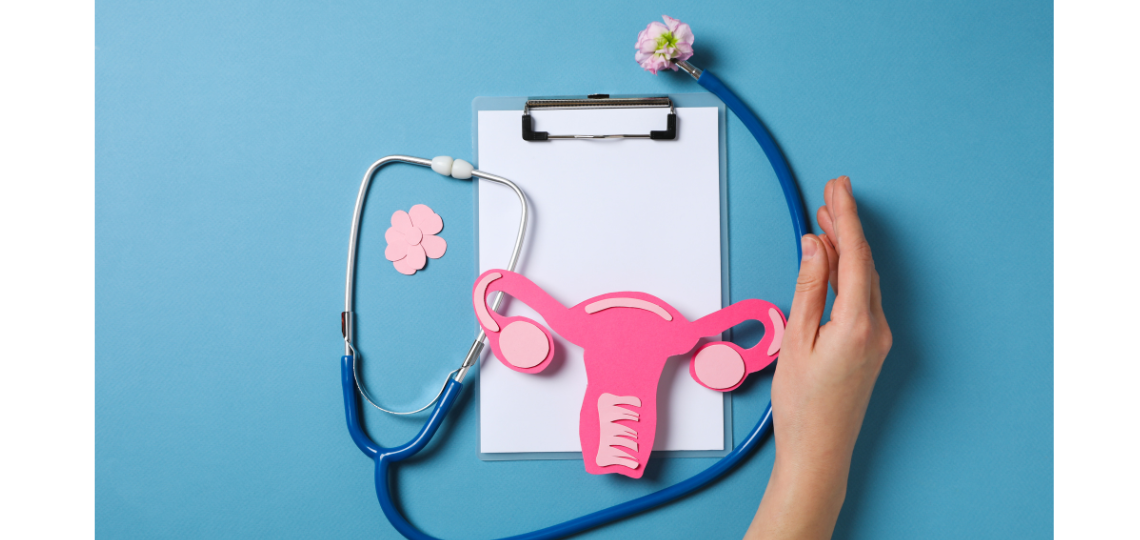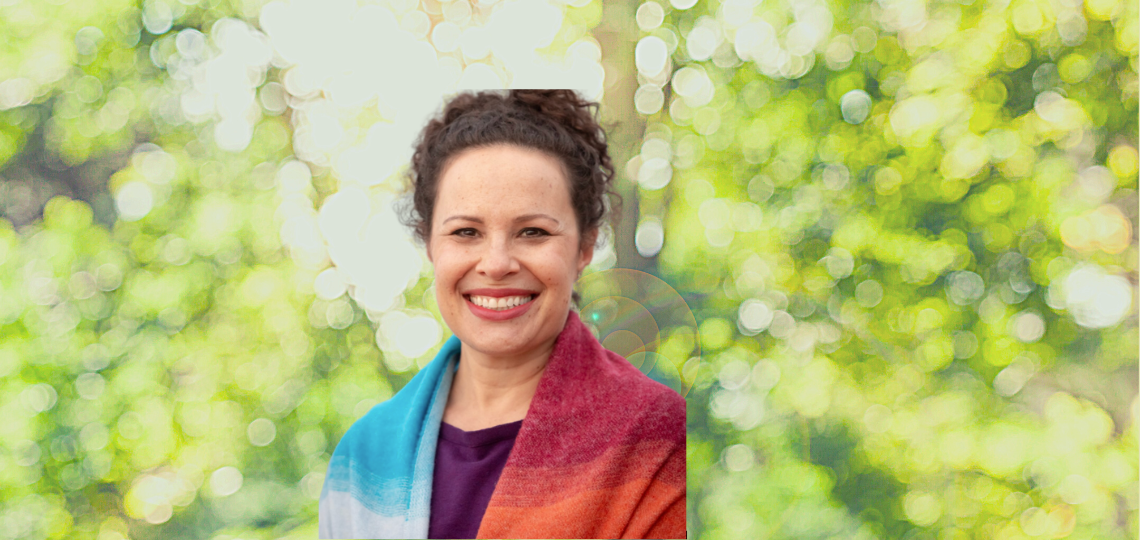An Interview with Dr. Heidi Arbona, OBGYN & WISDOM Study Participant
Interviewer: Can you tell me a little about yourself?
Dr. Heidi: Sure! I’m 53 years old and an OBGYN. Over the years, as both I and my patients have aged, I’ve developed a deep interest in perimenopause and menopause care. Surprisingly, I didn’t learn much about this in med school or residency, so I did a deep dive into menopausal medicine. I even attended the Menopause Society conference in Chicago last year. That’s where I first learned about the WISDOM Study.
Interviewer: How did you get involved with WISDOM?
Dr. Heidi: After learning about the study at the conference, I was intrigued. I contacted my office manager and asked her to feature it on my clinic’s website. Then I enrolled myself. I’ve referred many patients to WISDOM since then and have it prominently displayed on our homepage at Northside Women’s Health in Westerville, Ohio.
Interviewer: What was your experience like as a participant?
Dr. Heidi: It was eye-opening. I had been getting annual mammograms and ultrasounds due to my dense breast tissue, and everything had always been normal. Through WISDOM, I found out I had a CHEK2 mutation. A genetic counselor from the study reached out to me and spent nearly 30 minutes on the phone explaining everything clearly and compassionately. She reviewed my family history, walked me through the implications of the mutation, and emphasized the importance of breast density and lifestyle factors. She recommended that I meet with a genetic counselor in person and also consult with a breast surgeon.
Interviewer: What happened next?
Dr. Heidi: I followed through and met with a hospital-based genetic counselor, who offered me additional RNA testing. She explained that while it was unlikely to yield new information for my specific case, it could benefit family members by making future testing for them more accessible and affordable. That was something I hadn’t known as a physician. After that, I met with a breast surgeon, who recommended switching from automated breast ultrasound (ABUS) to an MRI due to my extremely dense breast tissue and genetic mutation.
Initially, the cost of a traditional MRI was daunting—about $1,700. But I learned our hospital offered a self-pay abbreviated breast MRI for around $300. My breast surgeon and even my husband, who is a radiologist specializing in mammography, agreed that this imaging was excellent for screening purposes. That imaging revealed abnormalities that required further investigation.
Interviewer: That must have been difficult to hear.
Dr. Heidi: It was, but I was able to get a biopsy quickly that revealed DCIS. My surgeon offered a lumpectomy with radiation or mastectomy, or bilateral mastectomy given the mutation, my extremely dense breast tissue, and the chance that I could someday develop abnormalities in the other breast. I ultimately chose to have a bilateral mastectomy with reconstruction and I’m grateful I did. My pathology report showed additional concerning areas in both breasts, including Grade 3 DCIS and multiple areas of atypical hyperplasia in my “normal’ breast. Unfortunately, I needed a second surgery to address a positive margin in my affected breast. My final pathology demonstrated negative margins.
Interviewer: How are you doing now?
Dr. Heidi: I’m recovering well. I’m four weeks out from my second surgery, cleared for exercise, and feeling more like myself. I’m grateful for how quickly everything moved once I was in the system—from testing to imaging to surgery. I truly believe that being part of WISDOM helped me catch this early and avoid more aggressive treatments.
Interviewer: Has WISDOM impacted how you talk to your patients about risk?
Dr. Heidi: Definitely. I already focused on breast density and lifestyle factors, but now I speak more about personalized risk. I refer many patients to the study. It’s accessible and offers meaningful information that can change lives.
Interviewer: What would you say to someone who is hesitant to join the study?
Dr. Heidi: I’d say, know yourself. If information empowers you, this study is incredibly valuable. It can help identify risks early and offer a roadmap for prevention. But if you’re someone who would feel overwhelmed by knowing you carry a mutation, consider how you’d manage that information. The process itself is quick, easy, and can have a major impact.
Interviewer: Do you have any feedback for improving the study?
Dr. Heidi: Just continue to raise awareness, like what you are doing now. More people should know about it. I’m happy to help spread the word in my community and among my colleagues.
Interviewer: Thank you so much for sharing your story, Dr. Heidi. We’re so grateful for your insights and support.
Dr. Heidi: Thank you. I’m thankful to be part of it and to contribute in any way I can.
We are grateful to Dr. Arbona for sharing her experience with our community, and her ongoing support of the study.
Do you have a story to share? Email us at wisdomcommunity@ucsf.edu!



